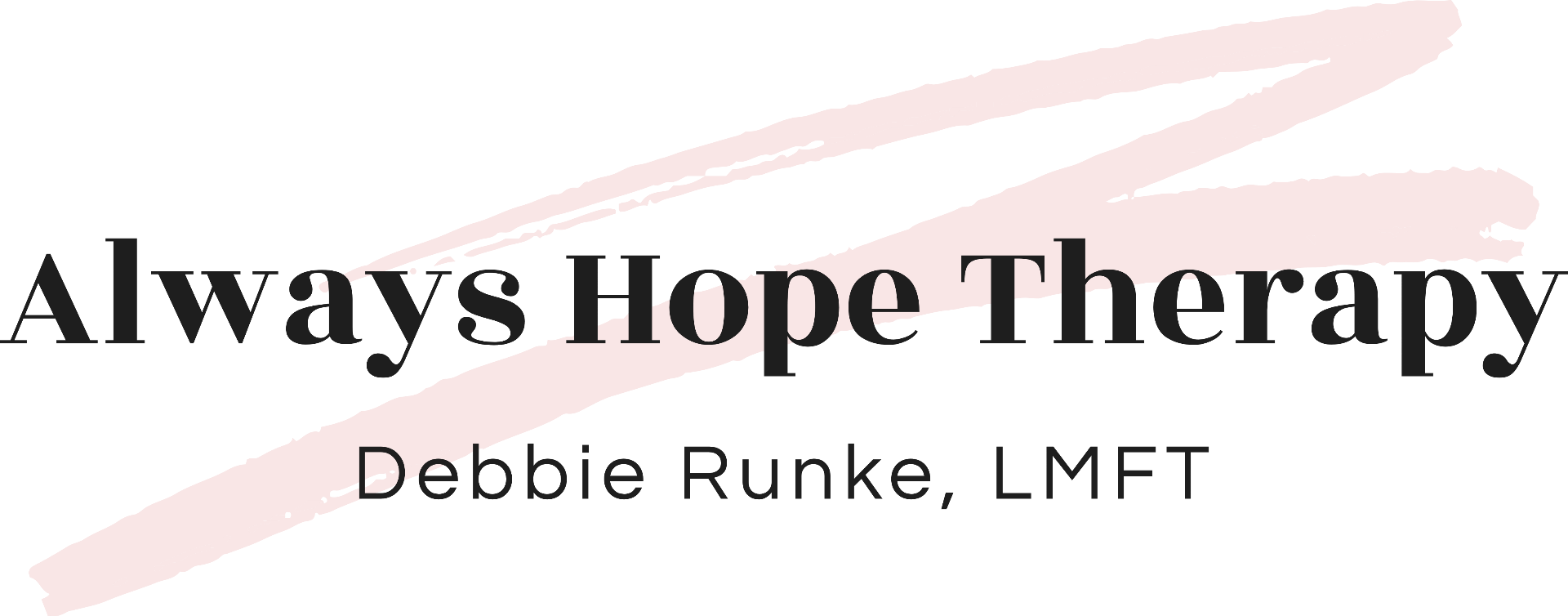Grief is about a broken heart, not a broken brain. (John W. James & Russell Friedman in The Grief Recovery Handbook)
Grief is a natural response to the losses we encounter. It is normal, and yet it is often neglected or misunderstood.
Types of Losses
We all experience loss. It comes in many different forms, such as:
- death of a partner,
- death of a friend or someone close to us,
- death of a companion animal,
- ending a relationship,
- a lost role or identity (e.g., no longer being a ‘spouse’ following divorce),
- a lost sense of self (e.g., when one stops being a member of a group),
- a lost sense of emotional, physical, or mental safety or well-being,
- job change or loss,
- moving to a different home,
- the effect of an injury,
- illness,
- lost autonomy or some other change in our body or mind, or
- unfulfilled dreams.
Whatever the cause, we know the loss is painful.
Adapting to a loss can dramatically change from person to person, depending on your background, beliefs, relationship, and other factors.
Normal Grief
Every grieving experience is different. For example, you may be able to continue your day-to-day routine after one loss yet not be able to get out of bed after the next one. Whatever your symptoms are, grief counseling can help.
Physical Symptoms
- Crying and sighing
- Headaches
- Loss of appetite
- Difficulty sleeping
- Weakness
- Fatigue
Emotional Symptoms
- Feelings of sadness and yearning
- Feelings of worry or anger
- Feelings of frustration or guilt
Social Symptoms
- Feeling detached from others
- Self-isolation from social contact
- Behaving in ways that are not normal for you
If you are experiencing grief-related thoughts, behaviors, or feelings that are distressing, please get in touch with me today for a free consultation.

